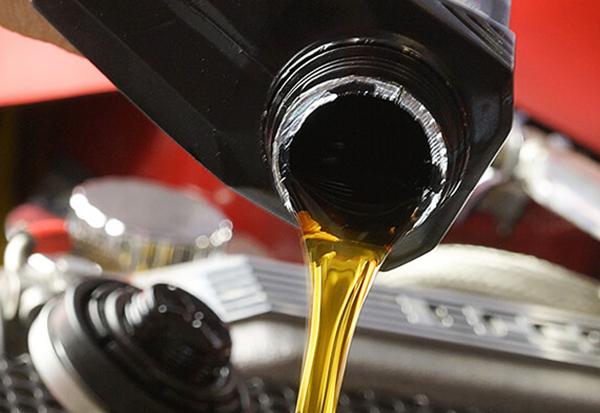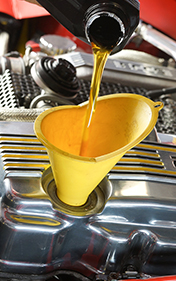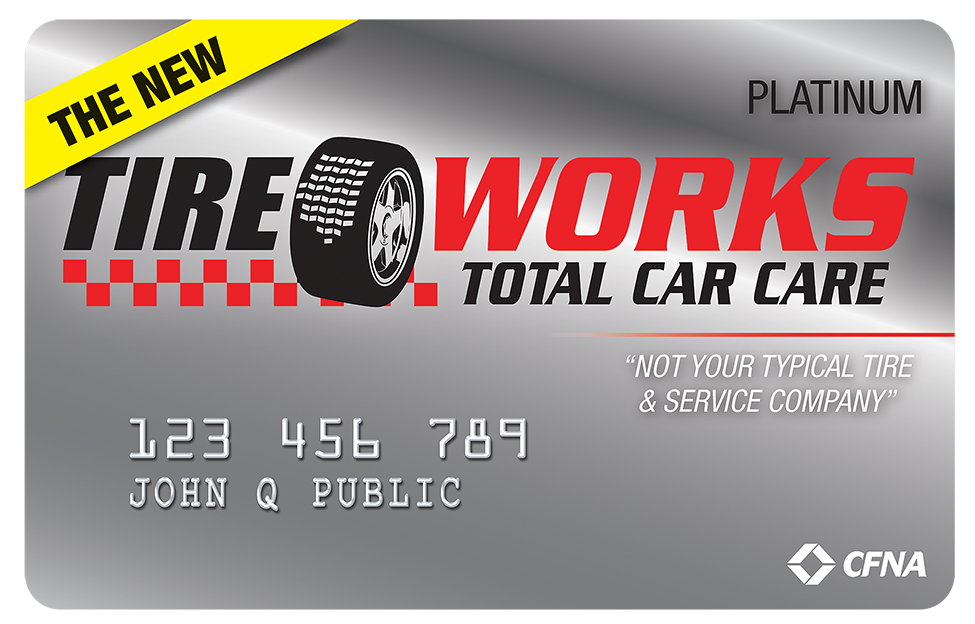Your Common Oil Change Questions Answered

Routine oil changes are an essential part of preventative maintenance for any vehicle to help keep it running at its best. But why is it so important, and just how often do you need to have an oil change service done? Here, we answer some common questions about oil changes.
Why is it so important to have regular oil changes done?
Your vehicle’s motor oil works to protect the engine and keep it running efficiently. It does this by:
- Lubricating all of the sensitive moving components to prevent excess wear
- Absorbing heat caused by friction
- Cleaning the engine by absorbing dirt and debris caused by combustion
- Preventing rust and corrosion within the engine.
But, motor oil doesn’t last forever. Over time, as the oil circulates through the engine it picks up a lot of dirt and debris and breaks down further from heat, reducing its effectiveness. So, not having regular oil changes done on your vehicle can mean sticking pistons, clogs within the engine, overheating, and diminished engine life.
Avoid having to deal with expensive repairs or even needing to replace your entire engine by following the suggested oil change routine for your vehicle. In doing this, your engine will always have the protection power it needs to run optimally.
Not sure what the best oil change schedule is for your car or truck? Our technicians will be glad to help advise.
How often do I need to have an oil change done?
The answer to this question depends on a variety of factors. The first place to look would be your vehicle’s owner’s manual, where you’ll find the manufacturer’s recommendations and the most reliable source of information for anything having to do with your specific vehicle. It’s a good habit to read through this book. Many manufacturers recommend that an oil change be done every 5,000 to 7,000 miles under normal driving conditions.
The type of motor oil being used and your driving habits will also impact the frequency of needing oil changes. For example, if your engine has synthetic oil, which lasts longer, oil changes will be less frequent and will usually need to be done every 7,000 to 10,000 miles.
In regards to driving habits, the oil can wear down faster and lose its effectiveness if your regular driving includes:
- High mileage driving
- Frequent short trips
- Higher temperatures (like we experience here in Nevada)
- Frequent hauling of heavy loads or towing
Many newer model vehicles, which are highly computerized, are equipped with service reminder monitors. These systems can sense driving conditions and track the number of driven miles. Based on the information gathered, you’ll be alerted when your vehicle needs an oil change or other auto maintenance.
At Tire Works, we recommend bringing your vehicle in for an oil change service every 3,000 to 5,000 miles. This not only ensures your engine’s oil is performing at its best, but also allows us to check your vehicle’s tire pressure and other fluids, catch any minor issues before they become big problems, and help keep your vehicle safe.
Time for an oil change in your vehicle? Schedule your appointment today with the ASE-certified technicians at Tire Works.
What’s the difference between synthetic and conventional oil?
Visually, it is very hard to differentiate between synthetic oil and conventional oil. How the oil is made and the oil’s level of performance is where they differ.
Conventional motor oil is a natural mineral oil that is refined from crude oil. Alternatively, synthetic motor oil is entirely man-made using chemical compounds designed to feature only the best aspects of crude oil. Because it is a much cleaner and more refined oil, synthetic motor oil flows more smoothly through the engine regardless of the temperature. With fewer contaminants, it also has a much lower risk of engine sludge accumulating and causing clogs.
The performance level over time is very different between these two types of oil. After the same amount of wear, old conventional motor oil becomes significantly thicker and sludgy compared to synthetic oil. Overall, synthetic oil will provide better performance in your engine. With lower levels of friction, it keeps the engine components protected, uses powerful additives to clean the engine of deposits, and fewer impurities and deposits mean it burns much cleaner.
When trying to select which type of oil is best for your vehicle, synthetic vs. conventional oil is a common debate. As you can see, synthetic oil provides the highest level of powerful protection for your vehicle, lasts longer, and helps your engine run its best.
The mechanics at our Las Vegas auto shops can help you determine which type of oil would be best for your vehicle and driving habits. Whether you need a conventional or synthetic oil change, we can help!
What are the warning signs that my vehicle needs an oil change?
There are some warning signs to be aware of that indicate it is time for an oil change very soon. These include:
- When checking the oil it comes out in globs and is thick, dark, and/or milky.
- You have a low oil level when checking with your dipstick.
- You’re hearing new knocking, ticking, or pinging engine noises.
- The “Oil Change Required”, “Low Oil”, or “Check Engine” light is illuminated on your dashboard.
- There is blue exhaust smoke coming from your tailpipe when the engine is running.
- You have a strong burning oil smell within the interior cabin.
If any of these things above are happening with your vehicle, come into your closest Tire Works location as soon as possible.
Is the oil used in a diesel engine different?
Yes! Because the engine components in a gasoline engine and a diesel engine are very different, they require very different motor oils to protect them. For example, diesel engines don’t have the same type of catalytic converter. So, diesel oil has a higher amount of zinc dialkyl dithiophosphate (ZDDP) than gasoline engine oil, which helps to effectively form a film on bearings and the camshaft to prevent excess wear. Both zinc and phosphorus are found in ZDDP. The levels of these two minerals in the oil is the main reason diesel oil can't be used in gas engines.
Diesel oil is also higher in viscosity (it is thicker) so that it can properly move through the larger spaces between diesel engine components and provide optimal lubrication. Finally, the amount of detergents and other additives is higher in diesel oil. This is to combat the higher soot levels that are generated within diesel engines. The catalytic converter in a diesel engine can easily handle the additives in the oil and still properly convert toxic emissions.
If you need a diesel oil change done, bring your vehicle to your closest Tire Works location today for expert service.

Top-Quality Oil Changes To Keep Your Car Running Its Best
Here at Tire Works, we can answer any questions you have about oil changes, as well as any other auto repair or maintenance services. Our factory-trained ASE-certified master technicians can also help determine the service schedule and type of oil that is best for your vehicle and driving habits.
Drivers throughout Nevada trust the Tire Works team for expert vehicle repair and maintenance, the highest-quality parts, and unmatched customer service all at the best prices.
Whether you need a conventional oil change or a full synthetic oil change, you can count on us. Schedule your appointment online today!











